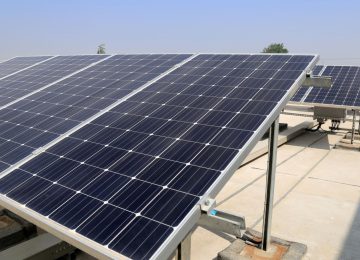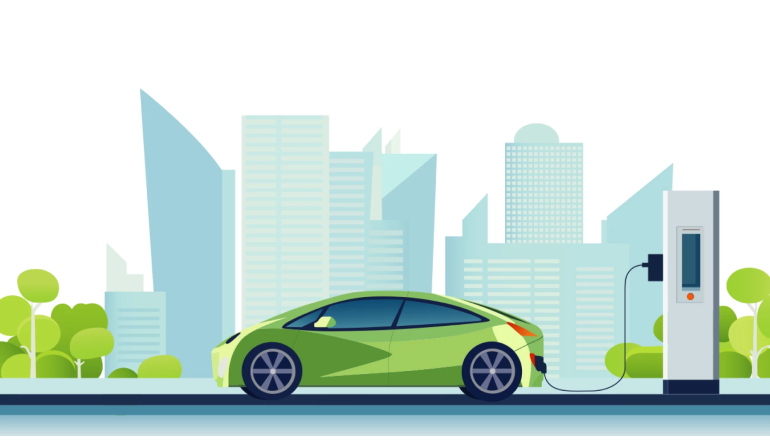India aims to reduce 1 BT of carbon by 2030 and achieve net-zero by 2070
As a medium-term target, India has set to add 500 GW of renewable energy to its energy basket by 2030. This will include 280 GW of solar energy, 140 GW of wind energy, and 10 GW of biomass energy.Carbon credits are tradeable permits that allow organizations or individuals to offset their carbon emissions.
For example, a company that emits 100 tons of CO2 per year can buy 100 carbon credits to offset its emissions. And carbon markets are picking up pace in India. The addition of 500 GW of RE would generate significant carbon credits, which could be traded internationally.
Challenges
One of the key challenges to the Indian carbon market is a lack of demand for carbon credits. In order to address the issue, the government has mandated that companies purchase carbon credits to offset a portion of their emissions.
Highlights
- India has implemented several carbon credits policies to reduce greenhouse gas emissions and promote sustainable development. The government implemented the REC mechanism in 2010. Under which the renewable energy generators are entitled to issue certificates.
- These certificates can be sold to entities that need to meet their renewable purchase obligations.
- As of 2021, there are over 100 registered projects in India eligible for carbon credits, potentially reducing 155 million tons of CO2. These include renewable energy, energy efficiency, and waste management projects.
- The country has set a target to reduce its emissions intensity by 33-35% by 2030.
- The two energy exchanges India Energy Exchange (IEX) and the Power Exchange India Limited (PXIL) enables carbon credits trading.
- In addition, these platforms also allow investors to participate in the market without directly investing.
- According to a World Bank report, the Indian carbon market could be worth $6 billion by 2025.
Path Ahead
The Indian carbon credit market is growing steadily, with an increasing number of registered projects and a potential reduction in emissions. However, the market still faces challenges related to the lack of demand for carbon credits, which the Indian government is addressing through various initiatives










